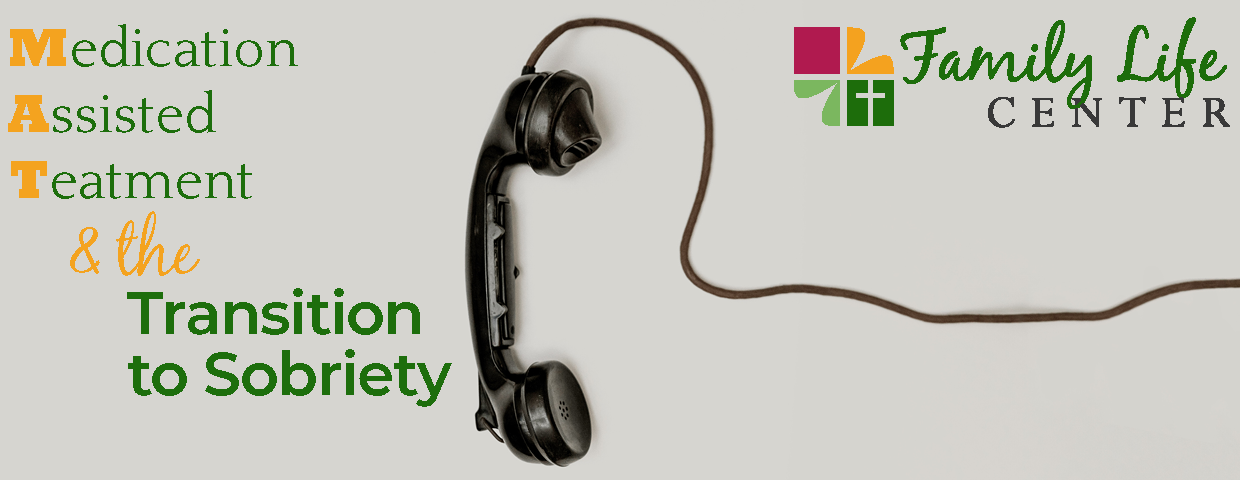
A Building Block in Recovery (MAT)
An estimated 2 million people had an opioid use disorder in 2018 and due to the COVID-19 pandemic, those numbers seem to be climbing again, along with the overdose rates usually involving prescription pain medication containing opiates and heroin. Taking an aggressive approach to saving lives and leading those down the path of full recovery from substance abuse disorder is our number one priority. Medication-Assisted Treatment (MAT) is currently becoming one of the most effective tools in recovery.
Medication-Assisted Treatment (MAT) utilizing FDA-approved medication combined with counseling and behavioral therapy to provide a “whole-patient approach” to treating substance abuse disorders. MAT was developed to treat substance abuse and ultimately to reduce and prevent prominently opioid overdoses. When paired with the right needs-based counseling program, MAT is used as one of the building blocks that can help to sustain recovery long-term.
MAT Effectiveness
According to the Substance Abuse and Mental Health Services Administration (SAMHSA):
“MAT has proved to be clinically effective and to significantly reduce the need for inpatient detoxification services for these individuals. MAT provides a more comprehensive, individually tailored program of medication and behavioral therapy that address the needs of most patients.”
The ultimate goal of MAT is full recovery, including the ability to live a self-directed life. This treatment approach has been shown to:
- Improve patient survival
- Increase retention in treatment
- Decrease illicit opiate use and other criminal activity among people with substance use disorders
- Increase patients’ ability to gain and maintain employment
- Improve birth outcomes among women who have substance use disorders and are pregnant
The Medication behind MAT
The most important aspect of MAT is the approach for each patient. The patient will enter into a MAT program that will offer Medication that was developed to treat withdrawal symptoms and psychological cravings that cause chemical imbalances in the body while the patient is seeking traditional recovery including inpatient or outpatient rehabilitation services counseling services. It has become part of the program to wage war on the opioid epidemic and giving patients a better chance at recovery from OUD.
Though there is a negative stigma on using Medications to treat substance abuse, MAT is considered an evidence-based treatment option and the MAT medications do not just substitute one drug for another.
Most Common Opioid Dependency Medications
- Naltrexone (Vivitrol)
- Buprenorphine (Suboxone)
- Methadone
What Family Life Center Believes and How We Can Help
As most well know, recovery is not a linear process, nor is it a predictable or repetitive process. Everyone has different stories of recovery, but as long the outcome leads to sobriety, they are all successful. At Family Life Center, we will present you with the facts. The path you choose to take to recover is up to you and we honor your decisions. We will learn and we will collaborate with you to create your individualized plan of recovery. MAT is showing its effectiveness and success during the recovery process and reducing overdoses and can be an important building block that will put you on the path to a life of sobriety. We offer individualized plans of recovery including substance abuse counseling, MAT, and other recovery services.

